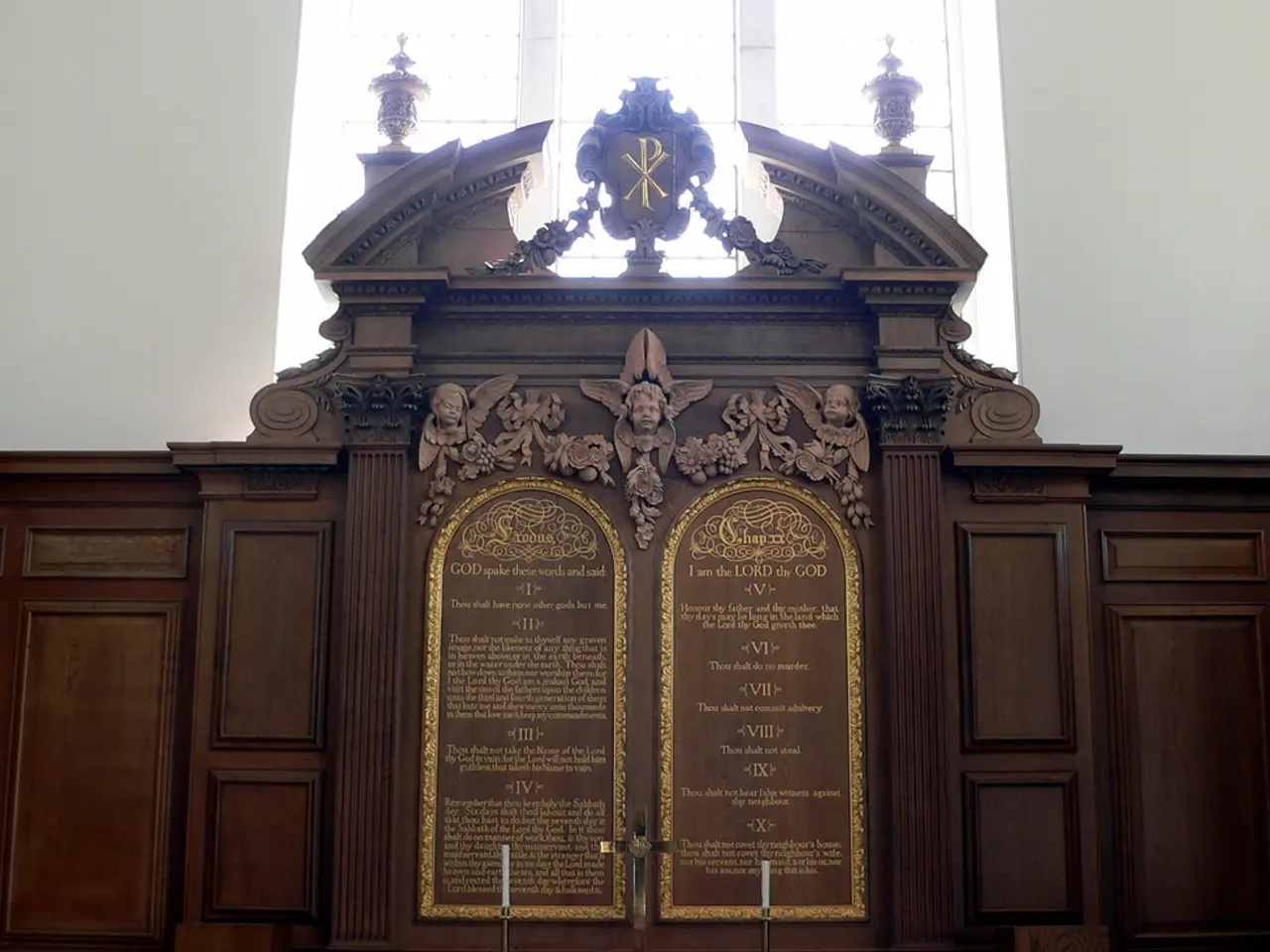Must-See Art Museums in Angola for Art Lovers
Angola, a country rich in history and culture, is home to a variety of art museums and cultural centers that showcase its diverse heritage. These institutions contribute significantly to the preservation and promotion of Angola's cultural identity, both nationally and internationally.
The Museu Regional do Dundo
Located in Dundo, Lunda Norte Province, the Museu Regional do Dundo is a significant art museum focusing on the ethnographic and artistic traditions of local communities. Established during the Portuguese colonial era, this museum has grown into a major repository of traditional Angolan art and culture, with over 10,000 artifacts in its collection. The museum's core collection includes ceremonial masks, carved figurines, traditional musical instruments, weapons, textiles, and household items, many created with remarkable skill and aesthetic sensibility.
Exhibitions within the Museu Regional do Dundo are thoughtfully arranged to provide context about the social role, spiritual meaning, and production methods of the artifacts on display. The museum also addresses the broader cultural and societal impact of slavery on Angolan identity, examining the resilience and creativity of those who endured slavery, including art forms that have survived and evolved over generations.
The National Museum of Slavery (Museu Nacional da Escravatura)
In Luanda, the National Museum of Slavery occupies a 17th-century chapel used by Portuguese traders to baptize enslaved Africans. The museum's exhibits include shackles, chains, and shipping records that document the dehumanizing mechanisms of slavery, as well as maps, photographs, and illustrations depicting slave routes and the infrastructure that enabled the trade. The preserved chapel adds another layer of gravity, serving both as a site of memory and a spiritual space reflecting on Angola's past.
The Museum of the Armed Forces
Also in Luanda, the Museum of the Armed Forces is housed in a historic 400-year-old fortress built by Portuguese colonists. It displays a comprehensive collection of military artifacts spanning Angola's ancient kingdoms, colonial period, and civil war. This museum contributes significantly to Angola's cultural landscape by educating visitors about the country’s military history and the struggle for independence, while also serving as a symbol of national pride and resilience.
The Centro Cultural de Menongue
The Centro Cultural de Menongue, a vital local cultural center in Angola, promotes Angolan art and music. It frequently hosts exhibitions and performances, providing an important platform for contemporary Angolan artists and musicians to showcase their talents and preserve cultural traditions. This center supports the dynamic development of Angola's artistic scene beyond the capital.
The Institute Camões
The Institute Camões, operating under the auspices of the Portuguese Ministry of Foreign Affairs, is more than just a cultural hub; it stands as one of the most prominent contributors to Angola's artistic and intellectual scene. The gallery frequently hosts exhibitions by emerging and established Angolan and Portuguese artists, presenting a contemporary lens on themes ranging from identity and colonial history to urban transformation and cultural hybridity.
The Museu de Antropologia
The Museu de Antropologia (National Anthropology Museum) in Luanda is a cornerstone of Angola's ethnographic and artistic heritage. The architectural design of the museum complements its mission, featuring spacious galleries and clean lines that allow each exhibit to be viewed with clarity and respect. The museum provides a deep and vivid exploration of the country's diverse cultural traditions through an extensive collection of artifacts, objects, and exhibits that reflect the lives, beliefs, and customs of Angola's many ethnic groups.
The Museu Nacional de História Natural
The Museu Nacional de História Natural (National Museum of Natural History) in Luanda is a cornerstone of Angola's museum offerings and provides a captivating look into the country's biodiversity. The museum frequently collaborates with researchers and cultural institutions to further the study and preservation of Angola's intangible heritage.
Together, these institutions enrich Angola's cultural landscape by preserving historical memory, fostering contemporary artistic expression, and promoting the country's cultural identity nationally and internationally. They serve as testament to Angola's rich cultural heritage and its ongoing commitment to preserving and showcasing this heritage for future generations.
- The Museu Regional do Dundo, focusing on ethnographic and artistic traditions, complements Angola's home-and-garden scene with its collection of traditional items, delving into the lifestyle of local communities.
- The Institute Camões, a vibrant cultural hub, offers a platform for travelers to immerse in contemporary Angolan art and music, celebrating the country's unique cultural identity.




